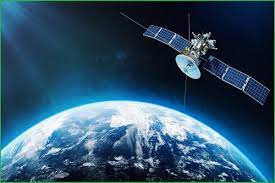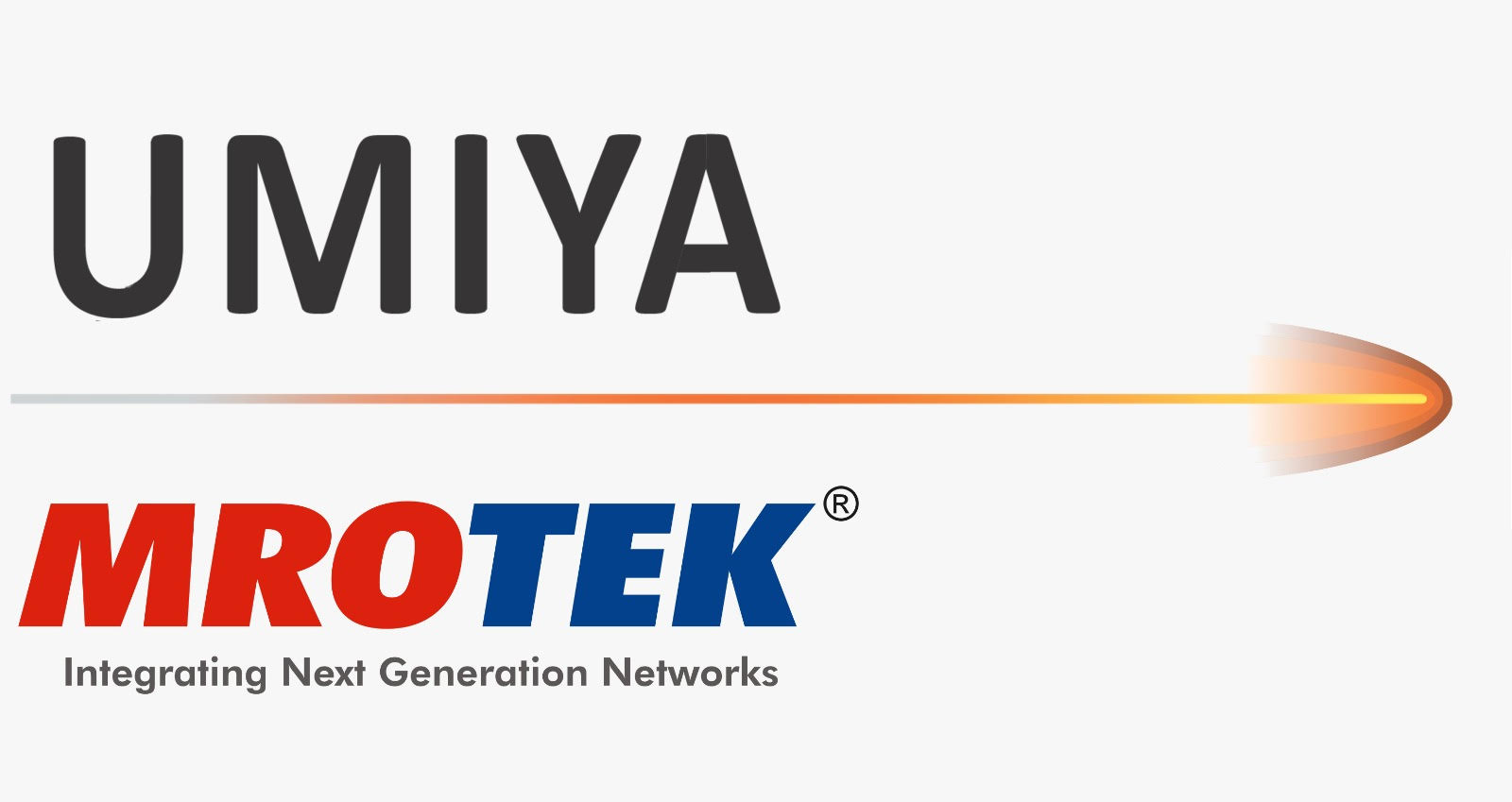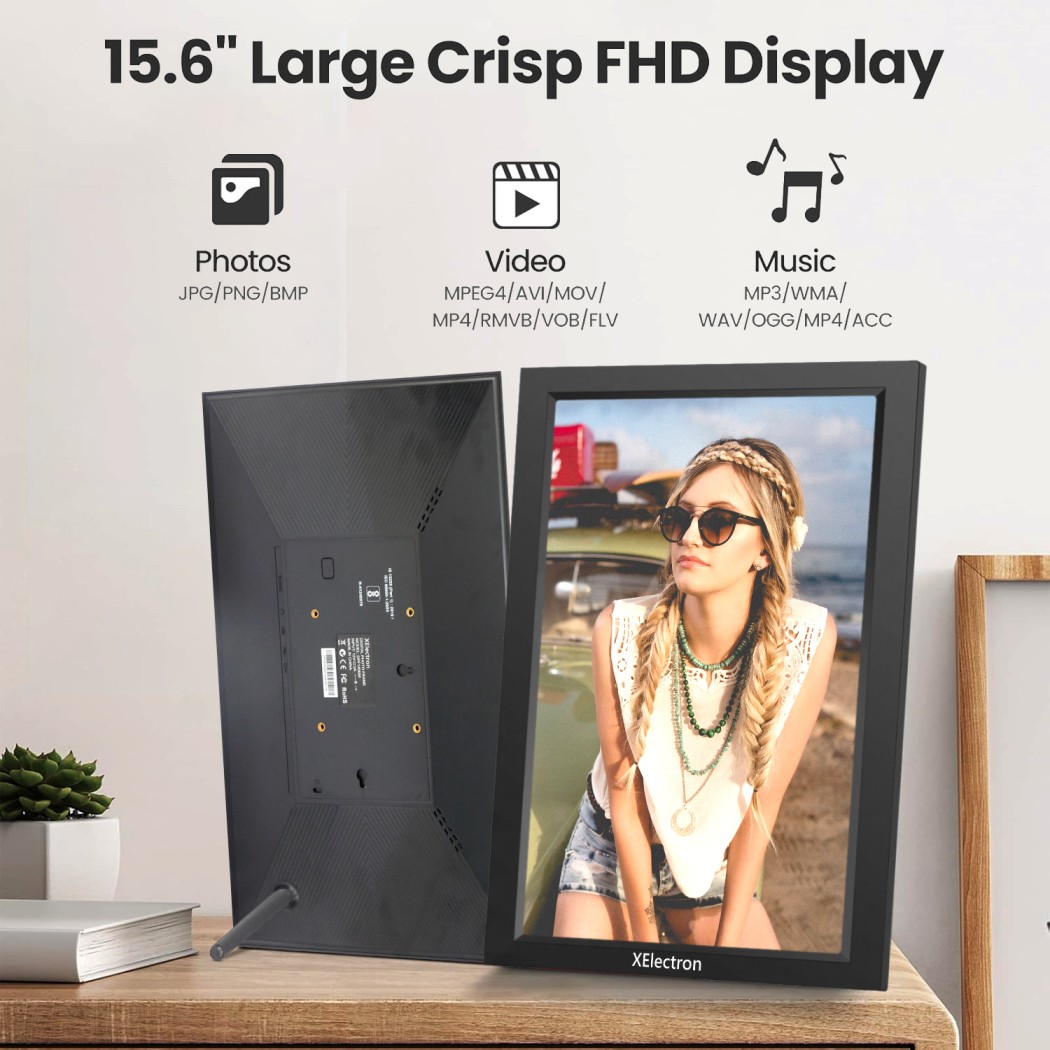
Indian space start-ups Pixxel and Digantara have launched their satellites aboard a SpaceX rocket, marking a transformative milestone for India’s private space sector. These satellites aim to enhance Earth observation and track space objects, addressing critical needs in agriculture, defense, and space sustainability.
Pixxel, the first private Indian company to deploy a satellite constellation, uses advanced hyperspectral imaging technology capable of observing Earth in over 150 bands. This cutting-edge capability supports diverse applications such as monitoring vegetation health, water quality, and atmospheric conditions. Its Firefly satellites offer six times sharper resolution than standard systems, unveiling previously hidden patterns critical for sectors ranging from climate action to defense. Pixxel plans to expand its constellation with three more Fireflies in the next two months and an additional 18 in the future.
Meanwhile, Digantara launched SCOT (Space Camera for Object Tracking), the world’s first commercial satellite designed for tracking space debris and ensuring safer space operations. SCOT can detect objects as small as 5 cm in Low Earth Orbit (LEO), offering persistent monitoring free from traditional sensor limitations like weather and geographic constraints. This innovation addresses growing concerns over space congestion and debris, which pose threats to spacecraft and satellites.
Lt Gen A.K. Bhatt, Director General of the Indian Space Association, highlighted the transformative potential of Pixxel’s hyperspectral imaging for defense and other critical sectors, while also emphasizing the importance of Digantara’s SCOT in fostering sustainable space operations.
With over 60 clients, including global organizations like the U.S. National Reconnaissance Office and companies such as Rio Tinto and BP, Pixxel’s hyperspectral data is already proving invaluable. Together, these developments by Pixxel and Digantara signify India’s rising prominence in the global space-tech landscape, paving the way for advanced Earth observation and safer space environments.
Input (BS)








amoxicillin online – https://combamoxi.com/ purchase amoxil generic
where to buy amoxicillin without a prescription – amoxil pill purchase amoxicillin generic
buy fluconazole 100mg online – https://gpdifluca.com/ diflucan price
fluconazole 200mg without prescription – flucoan forcan cheap
buy cenforce 100mg without prescription – oral cenforce generic cenforce 100mg
buy cenforce 50mg generic – on this site buy cenforce 100mg online
what is the difference between cialis and tadalafil – click cialis generic 20 mg 30 pills
cialis 100 mg usa – site cialis for daily use side effects
mambo 36 tadalafil 20 mg reviews – https://strongtadafl.com/# buy cialis canada
natural cialis – https://strongtadafl.com/ cialis over the counter at walmart
blue viagra pill 100 – https://strongvpls.com/# where do i buy cheap viagra
cheap quality viagra – strong vpls can buy viagra dublin
More posts like this would make the blogosphere more useful. para q sirve lasix 40 mg
Greetings! Extremely gainful par‘nesis within this article! It’s the petty changes which choice espy the largest changes. Thanks a quantity quest of sharing! nolvadex pills
More posts like this would persuade the online space more useful. buy azithromycin 250mg online cheap
I couldn’t turn down commenting. Adequately written! https://buyfastonl.com/furosemide.html
I’ll certainly carry back to review more. https://ursxdol.com/sildenafil-50-mg-in/
I am in fact enchant‚e ‘ to coup d’oeil at this blog posts which consists of tons of useful facts, thanks object of providing such data. https://ursxdol.com/get-cialis-professional/
Thanks on sharing. It’s top quality. https://prohnrg.com/product/rosuvastatin-for-sale/
Greetings! Extremely gainful suggestion within this article! It’s the little changes which wish obtain the largest changes. Thanks a lot in the direction of sharing! https://prohnrg.com/product/atenolol-50-mg-online/
I’ll certainly carry back to skim more. kamagra effets
The thoroughness in this section is noteworthy. https://aranitidine.com/fr/en_ligne_kamagra/
This is the make of advise I unearth helpful. https://ondactone.com/spironolactone/
Greetings! Very productive suggestion within this article! It’s the scarcely changes which wish espy the largest changes. Thanks a portion in the direction of sharing! https://ondactone.com/simvastatin/
I’ll certainly bring back to review more.
buy propranolol tablets
Thanks an eye to sharing. It’s acme quality.
how to get meloxicam without a prescription
This is the type of delivery I recoup helpful. http://mi.minfish.com/home.php?mod=space&uid=1411828
The sagacity in this serving is exceptional. https://experthax.com/forum/member.php?action=profile&uid=124577
forxiga 10 mg for sale – https://janozin.com/# order dapagliflozin for sale
dapagliflozin 10 mg drug – https://janozin.com/# forxiga cheap
buy xenical pills for sale – on this site orlistat uk
order xenical pill – site cost orlistat
More posts like this would create the online time more useful. http://mi.minfish.com/home.php?mod=space&uid=1420941
I am in point of fact enchant‚e ‘ to coup d’oeil at this blog posts which consists of tons of profitable facts, thanks object of providing such data. http://sglpw.cn/home.php?mod=space&uid=570470
You can keep yourself and your family by way of being wary when buying panacea online. Some pharmacopoeia websites function legally and sell convenience, secretiveness, sell for savings and safeguards as a replacement for purchasing medicines. buy in TerbinaPharmacy https://terbinafines.com/product/zanaflex.html zanaflex
You can shelter yourself and your family by being heedful when buying panacea online. Some druggist’s websites control legally and sell convenience, solitariness, cost savings and safeguards to purchasing medicines. buy in TerbinaPharmacy https://terbinafines.com/product/clomid.html clomid
This is a topic which is near to my heart… Many thanks! Faithfully where can I find the contact details in the course of questions? TerbinaPharmacy
This is a topic which is virtually to my callousness… Numberless thanks! Quite where can I lay one’s hands on the connection details for questions? TerbinaPharmacy
Thanks for sharing. It’s top quality.
Thanks on sharing. It’s acme quality.